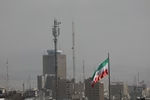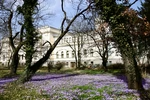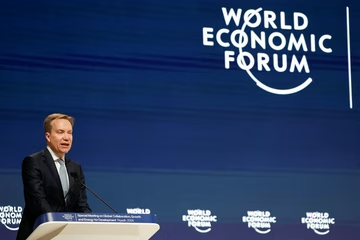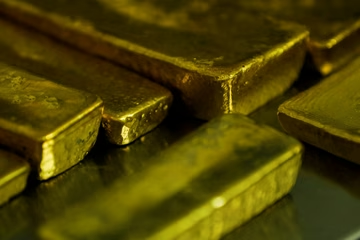
Ski resorts in Bosnia and Herzegovina, which until recently attracted visitors with low prices, are facing the fact that they have suddenly become too expensive, and they are also heavily affected by climate change, so they have to change their business strategies in order to survive.
Oglas
High prices during the past winter season set Jahorina Mountain apart, where the price of a daily ski pass was almost equivalent to those in renowned ski resorts in the Alps or the Dolomites, and skiers also had to pay almost twice as much for food and drinks compared to European ski resorts.
A daily ski pass on Jahorina Mountain, which has about 50 kilometers of slopes, cost €44 during the peak season, while a six-day pass cost €191. In Austrian ski resorts, which have an average of about 200 kilometers of slopes, the daily pass last season was only about €10 higher.
Dejan Ljevnaic, general manager of the Olympic Center "Jahorina," agrees that prices on that mountain have "skyrocketed," saying it is not normal for the prices of beer or coffee on the slopes in BiH to be twice as high as in Italy.
Climate change is also a problem, as it has significantly shortened the ski season on lower mountains like Jahorina and imposed new large costs for maintaining the slopes through the production of artificial snow.
Jahorina is able to keep some of the slopes snow-covered for at least 127 days continuously thanks to modern equipment that can operate even at temperatures above zero, attracting around 250,000 visitors.
However, poor skiing conditions have forced organisers to offer ski passes with various discounts for a full 80 days.
The short ski season also affects property values, so the wave of apartmentization, which the mountains were exposed to, now appears to have been a bad investment, as demand has fallen, and even hotels struggling with low occupancy are being sold.
"These two warm winters have left a deep mark on our region and mountain tourism in general. Now is the time to urgently react and adapt to the new situation. It is truly important that we all reduce prices, both for ski passes, accommodation, and for out-of-hotel services. Only in this way can we attract more tourists," Ljevnaic says.
He adds that they should now focus on strengthening summer tourism, which means a thorough change in business strategy.
All of this has also affected the overall operation of the Olympic Center "Jahorina", As reported by the capital.ba website, the company's accounts were once again blocked and its outstanding credit obligations were repaid by the government of the Bosnian Serb entity of Republika Srpska.
Thanks to the political support given to Ljevnaic by RS President Milorad Dodik, the entity government has been standing behind such credit obligations for years and is currently a guarantor for €80 million in loans that the OC "Jahorina" has taken out for development projects.
Kakvo je tvoje mišljenje o ovome?
Učestvuj u diskusiji ili pročitaj komentare
Oglas
Kakvo je tvoje mišljenje o ovome?
Učestvuj u diskusiji ili pročitaj komentare
Oglas
NAJČITANIJE
Oglas
Oglas
Najnovije
Oglas
Oglas





 Srbija
Srbija
 Hrvatska
Hrvatska
 Slovenija
Slovenija



























































